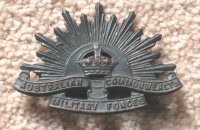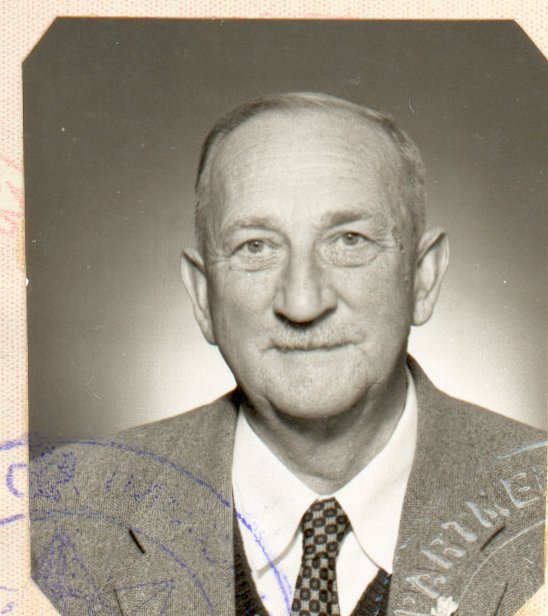
| WW1 - Vernon Carlisle Brown in the Great War 1917 -18 |
| Home | The Diaries | Diary content | Medals | Documents | Photos | News Items |

This web is about the experiences of Captain Vernon Carlisle Brown MC & bar in World War One. The web has some photographs of memorabilia from that period. A transcription of a diary kept by Vernon Brown during his 20 month stint in the battle zone of France can be found by clicking "Diary content" above.
The diary gives a fascinating insight to people under the extreme conditions of trench warfare. The early entries indicate the tremendous fear of a young man under attack for the first time:
“To attempt to describe one’s sensations is impossible (I had often wondered what one would feel like under fire). This experience was truly terrifying.” and “At this stage I counted my pulse rate and found it was doing 180 per minute. Silence reigned for 20 minutes and the drone of another plane became audible. In about 1 minute’s time another crash occurred and the whole performance was repeated. This time I was able to control myself somewhat; able in fact to speculate with my room mate where the next bomb was going to fall. I cannot say I was not frightened, but I was able to adopt a more fatalistic attitude.”
The acceptance of danger is indicated in a diary entry nearly a year later:
“He (Fritz) persisted in sending
salvos of shells over. On the first
occasion he wounded one of our chaps and I had to stop and fix him up. Then was nearly stopped myself, but all the
same I got to the desired destination and enjoyed an excellent meal. One does not allow a few shells to stop one
from getting one's meals.”
“The
second
interesting incident was a visit from a cow. - The worst of the
business was the urgent desire of that cow to come and share my little
hole with me. I am not a very particular
individual, but I certainly object to the company of such an animal in
such a limited post. This cow was
particularly obstinate and it took us fully half an hour to persuade it
to depart.”
And:
“The
formality of receiving stores and medical material from outgoing MO did
not take long. The last item was rather
interesting and amusing. In bold English
it was described as 'One cat (good ratter)'. One
might quarrel with this item being classed as medical or trench store,
but that is merely a technical point.”
The diary gives details of actions and an impression of life in the trenches. It includes some philosophical musing about the nature of war and human interactions.
In 1919 Vernon Brown returned to

Dr Vernon Carlisle Brown in 1958
CLICK here to send comments or additions to Vernon's son, Robert Hallowes Brown
Click here to return to RHB Home